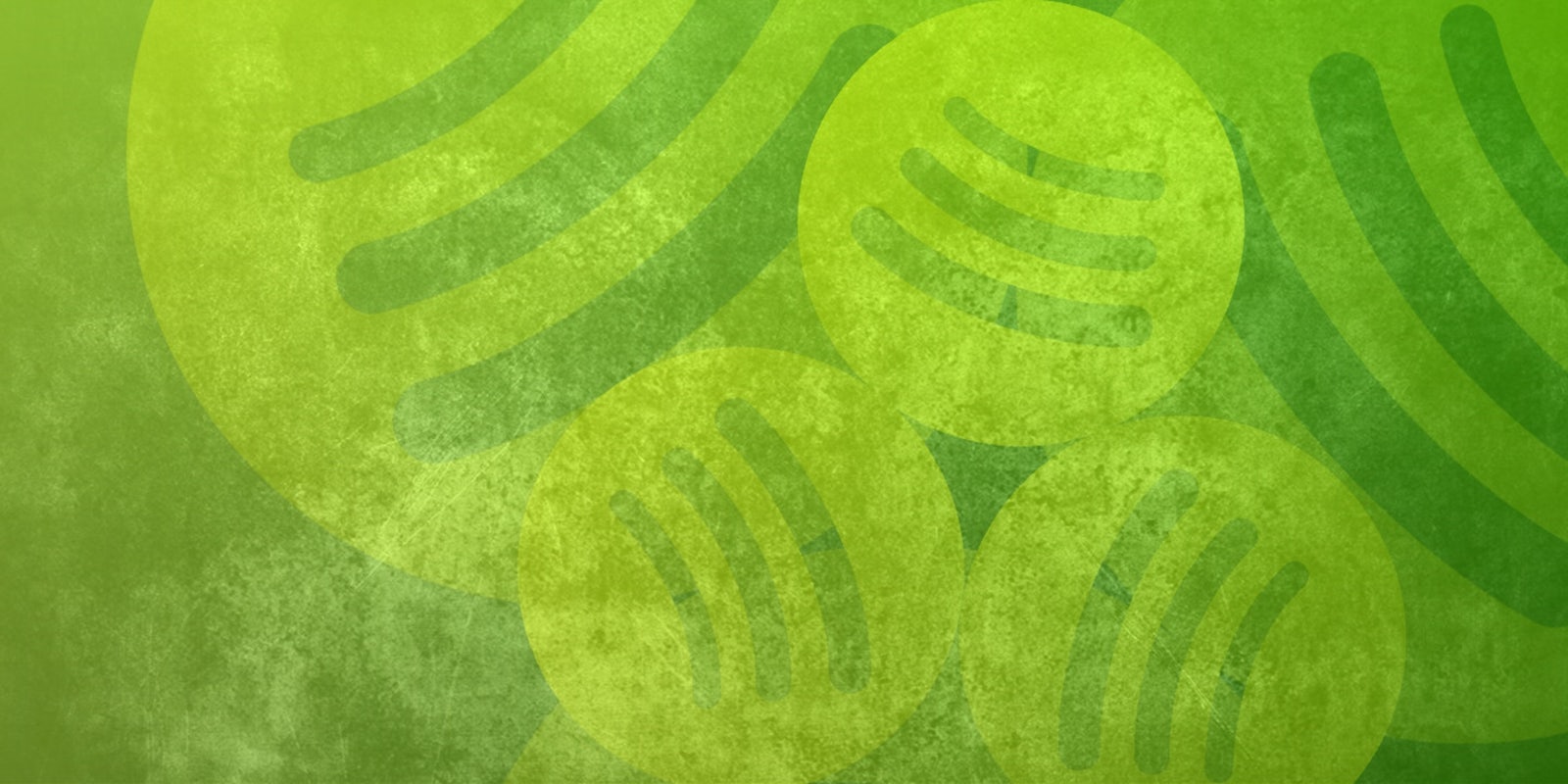On Friday, London sweater-rockers Coldplay debuted their latest, A Head Full of Dreams, on Spotify. It’s a reverse-engineered blockbuster built for wistful study breaks and shoulder-to-shoulder arena singalongs; a shockless, late-career chore that would make U2 blush.
The record, from next year’s Super Bowl 50 halftime performers, led the streaming platform’s featured menu of new releases this week, nestled warmly atop its soothing interface. Too bad Dreams hit retail shelves and streaming competitor Apple Music back on Dec. 4.
As headliners like Coldplay, Adele, and Taylor Swift offer belated crumbs or ditch the music platform altogether, the Swedish-based digital revolutionaries at Spotify face an existential crossroads: Accept the good and the bad that comes with your business’s core principle (more on that later) or gamble on a rule change. Worried it could become music streaming’s dollar theater, it has reportedly chosen the latter in a play to curtail this new normal.
The driving reason behind bands sending an album to Spotify as a sort of second run is economical: More than 75 million users may actively peruse Spotify, but as Digital Trends noted, nearly three-quarters of these folks are tuning in for free as the service chases 100 million users by 2016. (Spotify offers a free, ad-bolstered tier that grants access to its 30-million-song library; the premium version ditches ads, improves audio quality, and lets you sync tracks for offline listening.)
So why should whales like Jay Z let more than 55 million fish in 58 countries nibble at his discography for free?
So why should whales like Jay Z let more than 55 million fish in 58 countries nibble at his discography for free?
To be clear, that’s free to the user. Spotify says big stars are paid approximately $425,000 per month from “Global Hit Albums.” And it’s a variable formula that Spotify says will pay out more than $2 million monthly to the Jay Zs of the business once the company lands 40 million paid streamers.
That’s apparently not enough for Spotify, however. Spotify will then allow “select” (read: powerful) rock stars to withhold their catalogs from the free version, according to the Wall Street Journal.
The reported turn follows years of musician opposition to Spotify from digital luminaries like Radiohead singer Thom Yorke…
https://twitter.com/thomyorke/status/356472397479686145
…to independent artists like Miami’s Daniel Mendez. Mendez on Friday touted his cassette-based label to the Miami New Times and took a potshot at streaming:
“I wanted another output besides digital distribution service companies such as SoundCloud and Spotify. These companies are great, don’t get me wrong, but you barely make that much money out of your plays. Did you know that getting 1 million hits on one song would only pay you around $5,000? Nowadays, if you want to make money as an artist, you either have to tour a lot or sell a lot of physical copies.”
He’s close. According to Digital Music News, “an artist receiving 10,000 streams in Spotify Premium and controlling the rights to their recording and composition made… $74.72” during December 2014.
Even this tenuous arrangement for the little guy is at stake as the free-streaming empire yields territory. Will the millions of free-tier customers stick around if it’s clear that they need to upgrade and—perish the thought—pay $10 a month to harbor 30 million songs on their iPhone? If they back away from the app, the aggregate streaming royalties sink.
By letting high-profile artists opt out of free streaming Spotify is backtracking on founder and CEO Daniel Ek’s famous last words. In 2014, as he arm-wrestled with Swift’s runaway discography, Ek blogged an ultimatum: We paid artists, labels, and publishers more than $2 billion in royalties, he argued, and if we didn’t exist, your fans would have mostly pirated these very streams. $2 billion sure beats zero dollars.
Ek’s buy-low opportunity was clear for Spotify when it launched in 2008. Forget about filesharing secret societies such as Oink. Back then one could simply Google their way to free music by searching for an album title, adding “.zip” or “.rar” to the phrase, and snagging uploaded links from now-defunct hosting sites like ShareBeast. Music fans with dusty drives full of mp3s will recall the expectation—a free bundle of songs leaked to your desktop weeks before the release date. The only way to bring about order, Spotify threatened then, was to create a listening ecosystem so burrowing and inviting that it made us all stop stealing.
For consumers, the subsequent age of Spotify meant the most satisfying time to ever be a music fan: Instant access, never-ending selection, texting a Christmas playlist to your roommate seconds before the holiday party. Music geeks like myself ponied up for the luxury of accessing our libraries on airplanes, but we still had a social, shareable bridge to everyone else.
In toying with its most active cluster of users, Spotify seems to admit reform is necessary. Writing at Business Insider, Pandora CEO Brian McAndrews attacked the uncertainty of his adversaries: “This gray market is unsustainable. If consumers can legally listen to free on-demand music permanently without converting to paying models, the value of music will continue to spiral downward to the benefit of no one.”
Spotify disagrees, as a spokesperson told Music Business Worldwide this week, execs remain “100 percent committed to our model because we believe that a free, ad-supported tier combined with a more robust premium tier is the best way to deliver music to fans, create value for artists and songwriters, and grow the industry.”
Maybe so, but it also appears Spotify is reluctantly wrangling the genie back into the bottle.
Ramon Ramirez is the evening editor for the Daily Dot.
Illustration by Max Fleishman


